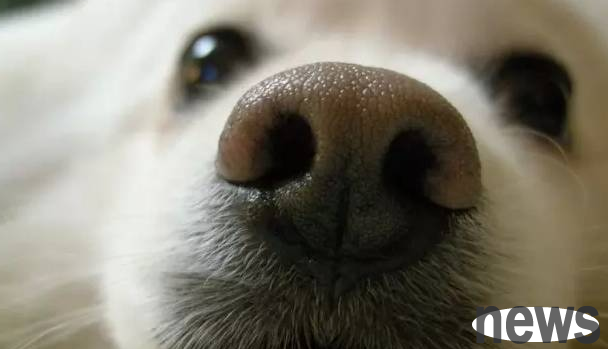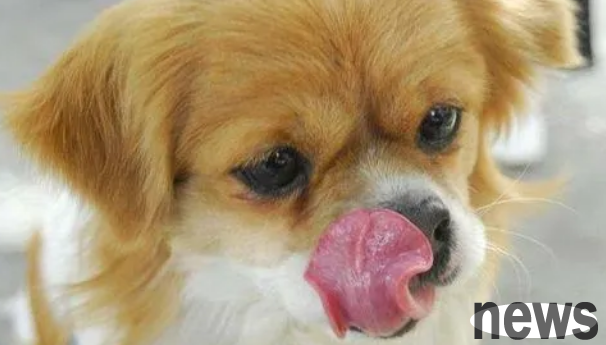Dogs, like people, do not sniff their noses under normal circumstances. However, during the process of raising dogs, we found that dogs began to sniff frequently. There must be a reason. So let’s briefly analyze it below. Interested friends can come...
Dogs, like people, do not sniff their noses under normal circumstances. However, during the process of raising dogs, we found that dogs began to sniff frequently. There must be a reason. So let’s briefly analyze it below. Interested friends can come and take a look.

1. Breed issue
Some dogs have naturally short respiratory tracts, such as bulldogs, pugs, French bulldogs and other short-nosed dogs. As long as they exercise a little more, they will have difficulty breathing and keep sniffing. This is a normal phenomenon. It is recommended that owners control the amount of exercise of this type of dog and reduce environmental stress on it.
2. Nasal cavity irritation
If the dog's spirit and appetite are completely normal, and there are no symptoms of coughing, runny nose, or fever, but sometimes sniffing the nose as if out of breath, it may be due to some irritating gases or particles in the air or environment, or even cold air entering the nasal cavity when the dog breathes, causing retrograde sneezing caused by irritation of the nasal cavity, such as perfume, floral fragrance, dust, etc. If no large foreign matter enters the nasal cavity at this time, it will generally not affect the dog's health, and the irritant only needs to be removed in time.

3. Respiratory system infection
The dog's respiratory system is infected, causing excessive secretion of nasal fluid and sputum to block the respiratory system. It will also cause difficulty breathing and keep sniffing, and will also be accompanied by sneezing, runny nose, coughing and other symptoms. If you find that your dog has this condition, it is recommended to take it to the pet hospital for examination in time, and then provide symptomatic treatment based on the examination results.